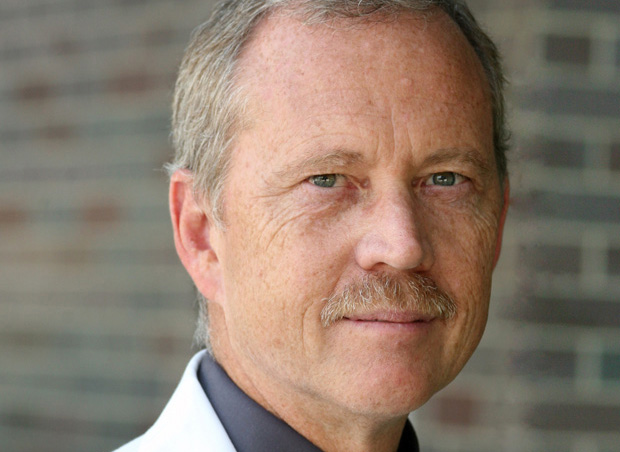Ray V. Matthews, MD, a highly respected leader in interventional cardiology, has been named chief of the division of cardiovascular medicine in the Department of Medicine of the Keck School of Medicine of USC.
As chief, Matthews, who is also professor of clinical medicine and director of interventional cardiology, will oversee the division’s academic and clinical operations, as well as its fellowship programs.
Edward Crandall, MD, PhD, chair of the Department of Medicine, praised Matthews as energetic, thoughtful and visionary.
“Matthews is a natural and collegial leader who will help take cardiovascular medicine at USC to the next level of clinical, teaching and research excellence,” Crandall said. “My expectation is that major progress will be made through partnerships with cardiovascular surgery and community cardiologists that will help Keck Medicine of USC become a premier destination for cardiac care and research. Matthews is the just the person to lead us toward those goals.”
Matthews, who received a bachelor’s degree in biochemistry from University of Wyoming and a medical degree from Creighton University, completed his internal medicine residency at the Mayo Clinic. He later completed a general cardiology fellowship at Harbor-UCLA Medical Center and an interventional cardiology fellowship at Good Samaritan Hospital in Los Angeles.
Widely known as a leader in interventional cardiology, Matthews has served as principal investigator for more than 50 clinical trials researching new devices. He is also a pioneer in many interventional procedures that are now commonplace in the catheterization lab.
Vaughn Starnes, MD, chair of the Department of Surgery and executive director of the CardioVascular Thoracic Institute (CVTI), called Matthews a key partner in developing cutting-edge technologies in cardiac care, adding, “We are delighted that he has taken on this leadership role in cardiovascular medicine. We are looking forward to further growth of the CardioVascular Thoracic Institute at USC working together with Matthews.”
Since joining Keck Medicine of USC in 2007, Matthews has played a crucial role in increasing the procedural volume in its catheterization labs. He has helped attract new patients by creating programs for assisted high-risk coronary intervention and by co-directing the percutaneous aortic valve program — one of the busiest programs of its kind in Southern California.
Matthews praised division faculty as effective academicians and clinicians, and said he hoped to grow the division further, boosting the number of faculty to increase clinical volume and expand clinical research opportunities.
He added, “In this challenging time of health-care reform and realignment, we want the division of cardiovascular medicine to lead the charge as the USC health campus seeks to become a broader health system. This will require forging stronger working relationships — both within and outside the USC campus.”
— By Talar Shahinian


